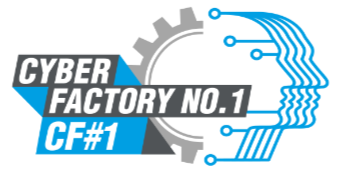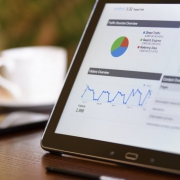Towards Digital Twins for Optimizing the Factory of the Future
Abstract
Logistics are essential regarding the efficiency of factories, and therefore their optimization increases productivity. This paper presents an approach and an initial implementation for optimizing a fleet of automated transport vehicles, which transports products between machines in the factory of the future. The approach exploits a digital twin derived from a model of the factory representing the artifacts and information flow required to build a valid digital twin. It can be executed faster than real-time in order to assess different configurations, before the best-fitting choice is applied to the real factory. The paper also gives an outlook on how the digital twin will be extended in order to use it for additional optimization aspects and to improve resilience of the transport fleet against anomalies.
Access to Document (upon request)
Authors
Patrick Eschemann, Phillip Borchers, Linda Feeken, Ingo Stierand, Jan Zernickel & Martin Neumann


